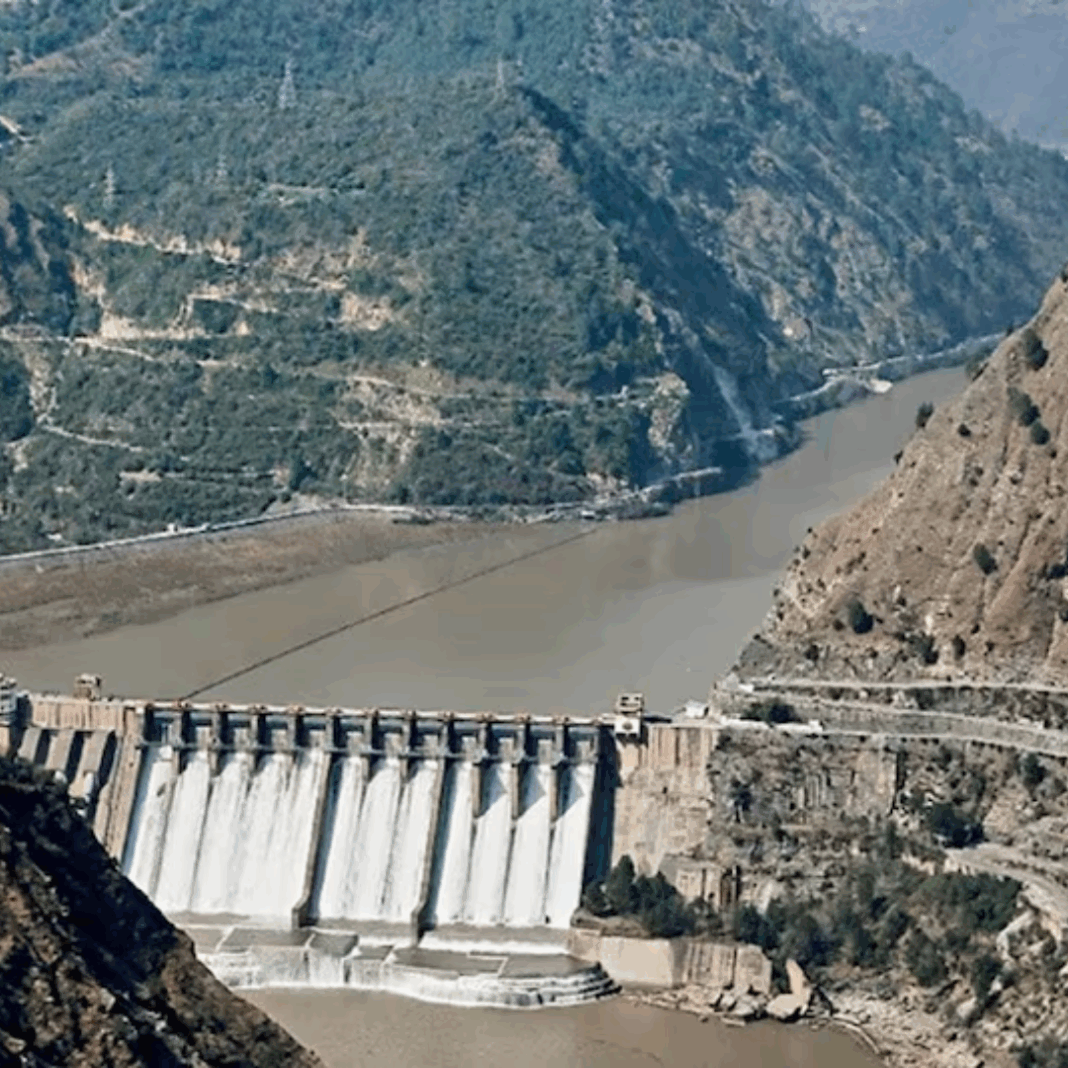A deadly terrorist attack in Pahalgam, Jammu and Kashmir, has left India in shock. The attack, which occurred in the southern district of Anantnag, killed 26 tourists, making it the deadliest such incident in over two decades. The grief across the nation is palpable, with families of the victims and citizens demanding swift justice for the attack. The tragic loss has also brought the issue of water resources to the forefront, as tensions between India and Pakistan over water sharing continue to simmer beneath the surface of this conflict.
In response to the attack, the Indian government took an unusual path. Rather than opting for a conventional military strike, the government chose a diplomatic and strategic response. Prime Minister Narendra Modi cut short his visit to Saudi Arabia and returned to New Delhi to address the situation. A cabinet committee was formed immediately to discuss the nation’s response.
India Suspends the Indus Waters Treaty
India severed diplomatic ties with Pakistan and announced the suspension of the Indus Waters Treaty of 1960. The treaty, which governs the sharing of water from rivers that flow between India and Pakistan, had been followed by India for decades. According to the treaty, India controls the eastern rivers (Ravi, Beas, and Sutlej), while Pakistan controls the western rivers (Indus, Jhelum, and Chenab).
The suspension of the treaty is a bold step that shows India is willing to use water—a critical natural resource—as a tool for strategic leverage. This move is significant because India has historically respected the treaty, even during times of conflict. By placing the treaty in abeyance, India is sending a message that actions against its security will have consequences, even if they do not involve military action.
The decision to suspend the treaty was unexpected, and it marks a new chapter in India-Pakistan relations. It signals that India is not afraid to reconsider long-standing agreements if its security is threatened.
The Weaponisation of Water: Tensions Rise
The suspension of the Indus Waters Treaty has raised concerns in Pakistan. The Pakistani government has warned that any attempt to disrupt the water flow would be considered an act of war. Pakistan has pointed out that the regions of Sindh and Punjab, which are heavily dependent on the water from these rivers, would suffer the most in the event of a water diversion.
However, experts suggest that even though the move is significant, it will take time for India to implement such a measure. Constructing infrastructure like dams and water diversion projects could take several years. The impact of such a decision would not be immediate, and Pakistan would have time to respond.
This move represents an escalation of the ongoing hostilities between India and Pakistan. India has typically followed a policy of restraint, avoiding aggressive actions even during wars. This shift, where a natural resource is used as leverage, marks a dramatic change in the way both countries are likely to interact in the future. It demonstrates that the relationship between India and Pakistan has deteriorated significantly.
India’s military strategy has always been one of defensive offense—responding to provocations with careful and calculated actions. The suspension of the treaty aligns with this doctrine, showing that India is willing to act decisively without resorting to traditional military strikes.
The Impact on Jammu and Kashmir’s Tourism Industry
The aftermath of the attack has severely impacted the tourism industry in Jammu and Kashmir. Reports suggest that over 90% of tourism bookings have been canceled in the region. Jammu and Kashmir, known for its beautiful landscapes and serene atmosphere, is now grappling with a new wave of violence and uncertainty.
The region has long been a flashpoint in the ongoing conflict between India and Pakistan. The latest attack has only increased the tension and has left the tourism sector in turmoil. While the government is working to restore normalcy, it is unclear how long it will take for the valley to return to its peaceful state.
The people of Jammu and Kashmir have already endured decades of unrest, and now, in the wake of the attack, they face the dual challenge of rebuilding their lives amid a new wave of political and military conflict.
The suspension of the Indus Waters Treaty and the diplomatic rift with Pakistan show how deeply the relationship between the two nations has been affected by years of conflict. The use of water as a strategic tool adds a dangerous new element to the ongoing tension, which is now more complex than ever.

